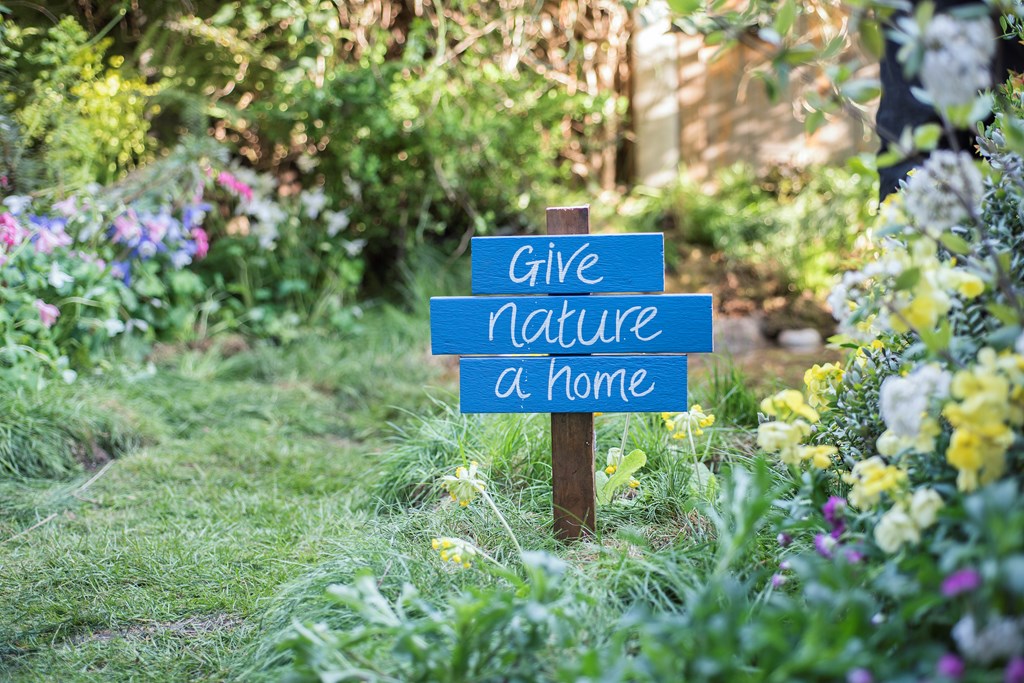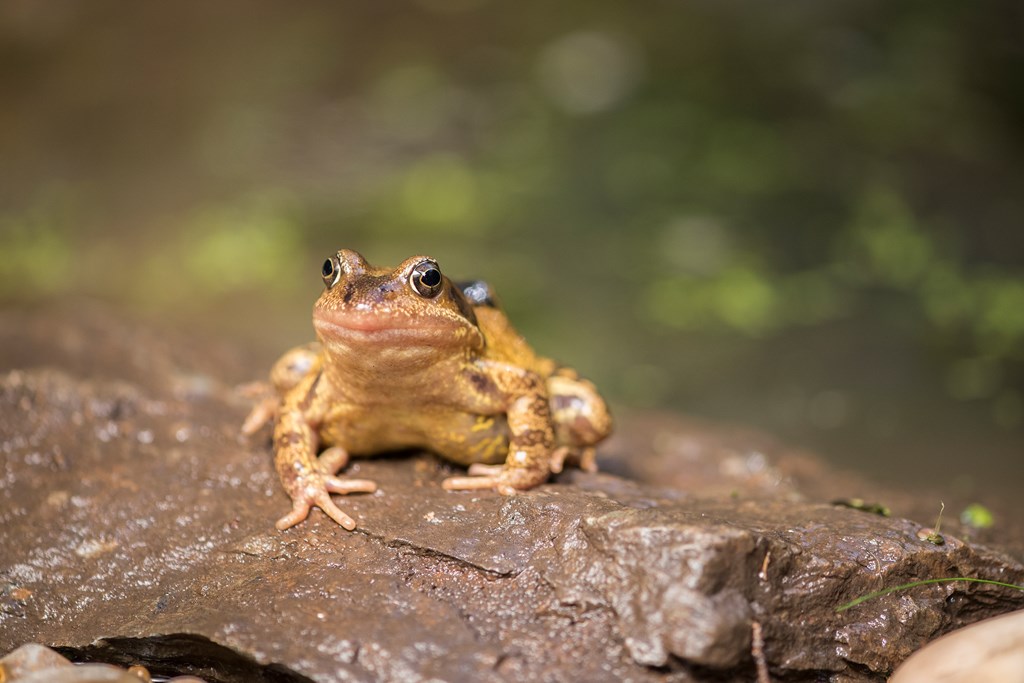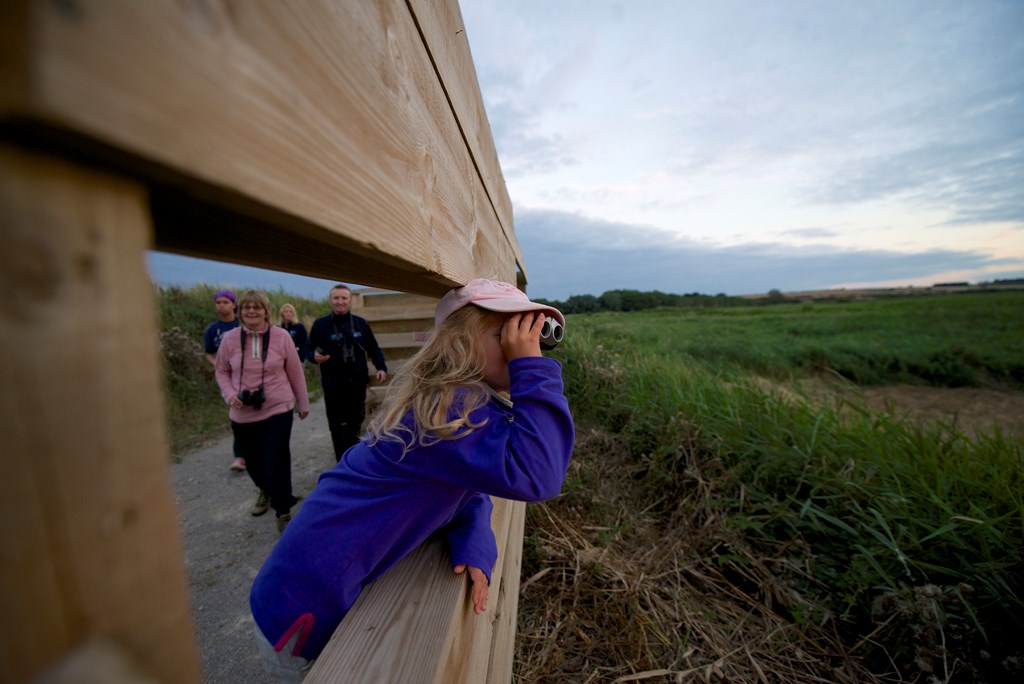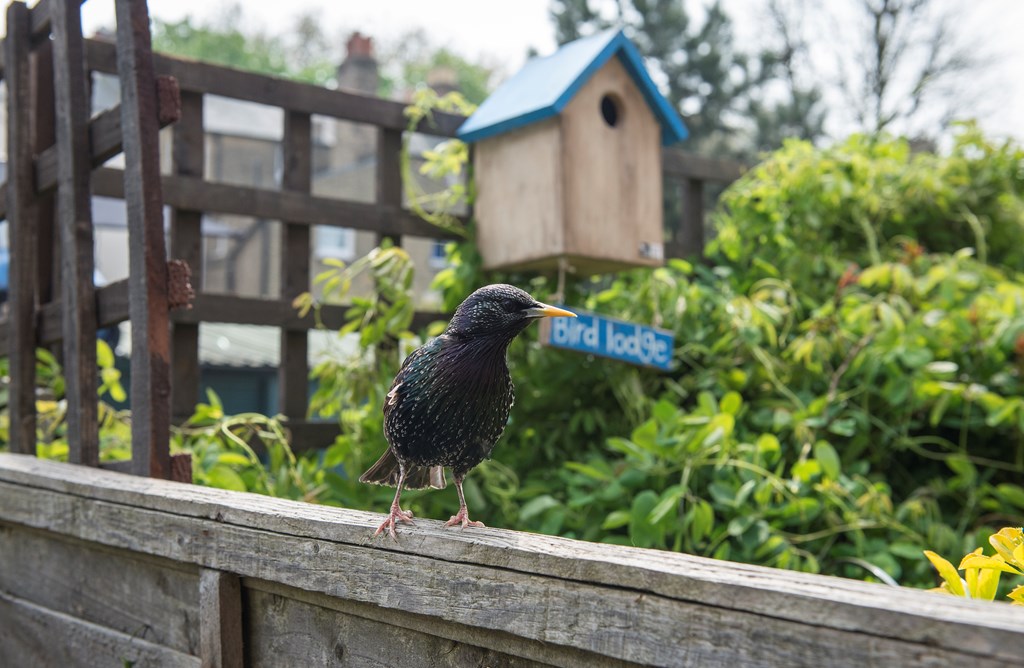We’ve focussed a lot over the last few weeks on children and young people, so today’s #CharityTuesday post is about animals. I’ve been speaking to Adrian Thomas, who works to inspire people to give nature a home in their gardens, about the work of the RSPB.
So, what’s the problem?
Nature is having a tough time of it. Hedgehogs, skylarks, wildflower meadows, even the ‘common and garden’ sparrow and starling are all disappearing fast. I‘ve been involved with nature conservation for 30 years now, and I’ve seen the changes first hand and they’re frightening. The State of Nature report, launched by Sir David Attenborough, found that 60% of British wildlife is in decline, and with more and more people using more and more resources, the outlook doesn’t look good.
The natural world is vital to us; it makes up the complex webs of life on which we and our planet depend, and I believe it enriches our lives too, so we have to look after it.
How does the RSPB set out to solve it? What makes your approach unique?
The RSPB is the UK’s largest nature conservation charity, working hard to turn around the fortunes of all our wildlife, tackling the issue on many fronts. We engage in direct action to save nature, especially through our network of over 220 nature reserves across the UK. We lobby government and decision makers to ensure that nature has a voice and isn’t forgotten when decisions are made that affect our environment.
But just as important is that we try to connect as many people as possible with nature. Critically, that includes the next generation. In our increasingly urbanised world, if young people don’t enjoy and recognise the value of nature, then they will have no desire to protect it in years to come. We’ve got over 200,000 members of the Wildlife Explorers, our club for young people, but we need to do more to reach all young people.
Can you give us an example of how you’ve made a difference in an individual life?
We make huge differences to the lives of wildlife – our work has helped all manner of wild birds to thrive, from the Red Kite to the Sea Eagle, and of course our logo bird, the Avocet. We also look after the habitats that are important for creatures such as Red Squirrels and Water Voles. But we also make differences to the lives of people. There are so many people I’ve met for whom the RSPB has allowed them to engage their passion for nature, whether it be the members of the community I worked with to stop an airport destroying giant wetland in Kent or the profoundly disabled man I met last week for whom feeding his garden birds is his biggest pleasure in life.
What can people do, right now, to help?
The financial support we receive from our members is vital, as is the work of our 13,000 volunteers who engage in all manner of work on our nature reserves and out in the community. But your support can be as simple as giving nature a home in your own gardens and greenspaces – I believe that only together can we make a difference.
If someone donated £20 today, what would that be able to pay for?
We’re proud that 90% of the RSPB’s net income goes on our conservation work, so £20 goes a long way towards all sorts of our work, whether it be little wooden shelters to protect the nests of rare seabirds, sowing wildflowers to help some of our rarest bumblebees, or helping to pay one of our field teachers to inspire children on a trip to a nature reserve.
Where can we find more information?
Go to rspb.org.uk for lots more information about our work, and check out rspb.org.uk/homesforwildlife for all the help and advice you need to help you bring your garden or local area alive with nature.





Ah great stuff Jo so important to get kids caring about nature